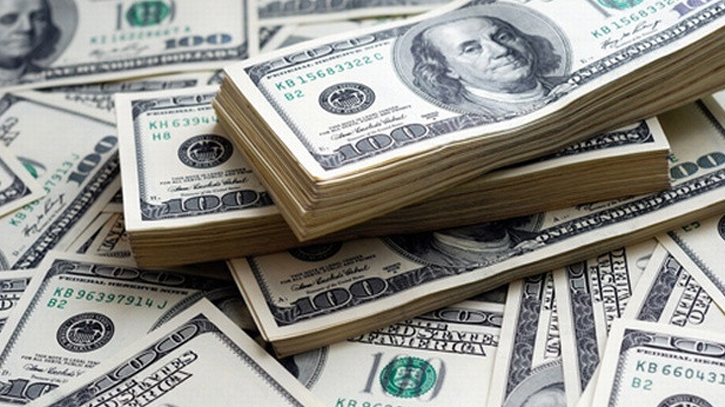
Photo : Collected
A shortage in the supply of dollars in the country and an abnormal rise in prices fueled inflation. Global unrest centered on the Russia-Ukraine war has fueled the dollar's volatility in the market. As a result, the dollar has become more expensive day by day and the value of taka has decreased at an alarming rate.
This situation has increased the cost of all types of imports including fuel, fertilizer, edible oil, baby food as well as the cost of road, sea and air transport on local and foreign routes. All these have had an overall impact on the prices of consumables, utilities and services, which has left the country facing double digit inflation.
However, economic analysts agree with this claim and add some additional vicious cycle indicators behind this rising inflation. They think, weak market monitoring, excessive profits of traders, rampant extortion, improper use of laws and precedent of exemplary punishment are also responsible for this.
According to Bangladesh Bank's data review, the value of taka against the dollar has decreased by Tk 35.20 or 41.51 percent in almost 4 years which directly affects inflation. Due to this, the government announced to keep the inflation target at 6.5 percent in the budget, but it has already exceeded the double-digit quota by 11.66 percent. Those concerned said that not only people with limited income are now in trouble due to the pressure of rising prices, but the foundation of the middle class has also been weakened.
Bangladesh Bank Governor Dr. Ahsan H. Mansoor said that the dollar rate has been largely left to the market in the crawling peg system. It has reduced the dollar scarcity. Besides, inflation has started to decline in the three months of the current financial year.
In 1972 value of taka was Tk 7.88 which in 2004 is Tk 59.69. After the Awami League government came to power in 2009, the price of that dollar reached Tk 67.
Later in the second period in 2014, the price per dollar stood at Tk 69.70. In 2020 and 2021 it stands at Tk 84. 90 and Tk 84.80 respectively. But in 2022, due to the war in Ukraine, the dollar rose to Tk 120 which is being sold in the open market for Tk 125 taka. And in this the inflation becomes unbridled.
The former president of Bangladesh Economic Association, Prof. Mainul Islam told the Daily Messenger the prices of fuel, transport and imported goods have suddenly increased. People are struggling to cope with the pressure.
Due to the Ukraine war of 2022, the price of Tk 84.80 in December 2021 is Tk 105.40 next year which in December 2023 is Tk 109.50. However, the dollar was sold at a record rate of Tk 131 in the open market. Bangladesh Bank decided to increase the dollar rate by Tk 7 to Tk 117 in one day on May 8 to reduce the gap between open and interbank rates. Inflation increased from 6.47 percent to 9.20 percent in a short span of time. Then the dollar rate and inflation gradually increased. The last dollar rate is Tk 120. And inflation in July, August and September stood at 11.66 percent, 10.49 percent and 9.92 percent respectively.
Economist Zahid Hossain said this crisis will impact the confidence of foreign buyers and tarnish the image of the country. Moreover, price of daily necessaries has increased at highest level ever.
From mid of 2022, the economy of the country has started facing economic suffering specially with inflation and dollar crisis due to Russia-Ukraine war. Moreover, the economy is in pressure for repay foreign loan. Consequently, the government has taken measure to control import for heavy machineries and capital goods that already has made slower the business.
Despite this depression, garment factories resumed production. But the challenge of the moment for the exporters is to deliver the consignment within due time. The good news is that after the operation of the ports, the speed of import and export container shipment has increased. Business activities have started as broadband internet connectivity resumes. Moreover, the exporters started communicate with the buyers.
Messenger/Disha








